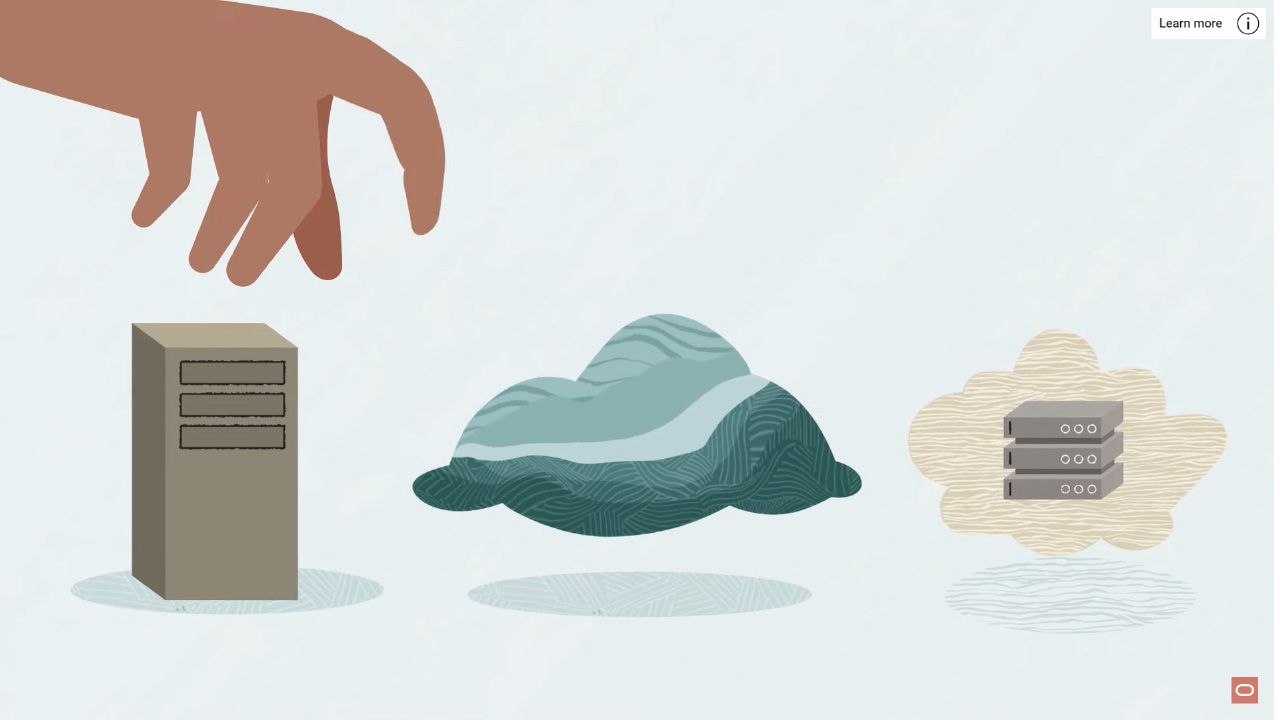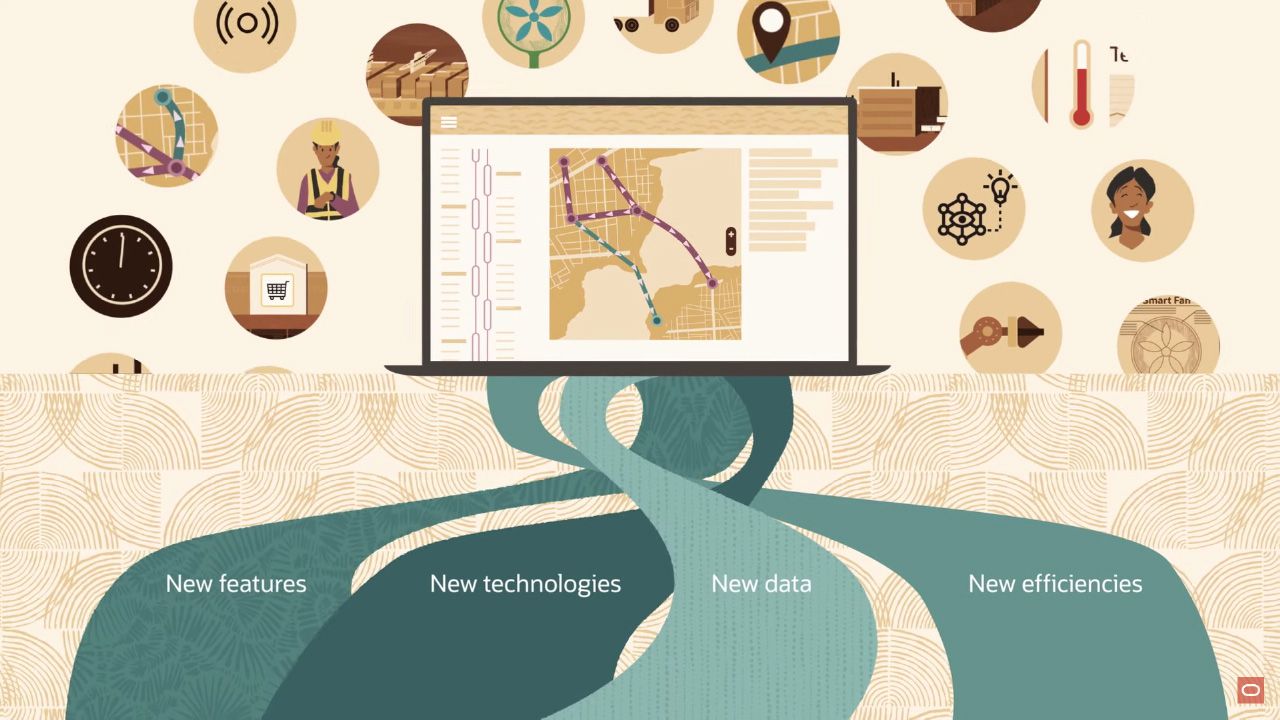
Solutions
Developer Services
Oracle Cloud Infrastructure (OCI) is a next-generation cloud platform that offers high-performance computing power, storage capacity, networking, and security for running any application, faster and more securely, for less. OCI provides real-time elasticity for enterprise applications by combining Oracle's autonomous services, integrated security, and serverless compute.
What are OCI Developer Services?

OCI Developer Services are a set of tools and resources that help developers plan, develop, collaborate, build, and deploy applications on OCI. They include:
- Oracle Developer Cloud Service (DevCS): A cloud-based software development platform that provides an open source standards-based solution to manage the entire development lifecycle. DevCS integrates with popular tools such as Git, Maven, Jenkins, SonarQube, and more. DevCS also offers agile project management features such as issue tracking, wikis, dashboards, and reports.
- Oracle Cloud Shell: A web-based terminal that provides access to a Linux shell with pre-installed tools such as the OCI CLI, Terraform, Ansible, Java, Python, and more. Cloud Shell lets you interact with OCI resources and services from any browser without installing anything on your local machine.
- Oracle Cloud Infrastructure Registry: A highly available private registry for storing and sharing container images within OCI. You can use the registry to push and pull images using the Docker CLI or any compatible tool.
- Oracle Cloud Infrastructure Resource Manager: A service that allows you to automate the provisioning and management of OCI resources using Terraform. You can use pre-built Terraform configurations or create your own to define your infrastructure as code.
- Oracle Cloud Infrastructure Functions: A serverless platform that lets you run code without provisioning or managing servers. You can write functions in any supported language such as Python, Node.js, Go, or Java and trigger them on demand or in response to events.
- Oracle Cloud Infrastructure Streaming: A fully managed service that provides a scalable and durable platform for ingesting and consuming data streams. You can use streaming to collect, analyze, and process data from various sources such as applications, devices, or sensors in real time.
- Oracle Cloud Infrastructure API Gateway: A service that enables you to create and manage APIs for your backend services. You can use API Gateway to secure, monitor, and transform your API requests and responses.
Why use OCI Developer Services?

OCI Developer Services offer several benefits for developers who want to build applications on OCI:
- Simplify development: You can use familiar tools and frameworks to develop applications on OCI without worrying about the underlying infrastructure. You can also leverage OCI's native integration with other Oracle services such as Oracle Database, Oracle Analytics Cloud, Oracle Machine Learning, and more.
- Accelerate delivery: You can automate your development pipeline using DevCS and other DevOps tools to speed up testing and deployment. You can also use serverless and container technologies to reduce operational overhead and increase scalability.
- Enhance security: You can secure your applications using OCI's built-in security features such as identity and access management, encryption, firewall, audit, and compliance. You can also use API Gateway to protect your APIs from unauthorized access and malicious attacks.
How to get started with OCI Developer Services?

To get started with OCI Developer Services, you need an Oracle Cloud account with access to OCI services. You can sign up for a free trial account or use an existing one.
Once you have an account, you can follow these steps to create your first application on OCI:
- Create a DevCS project and link it to a Git repository.
- Create a Linux VM instance on OCI using Resource Manager or Cloud Shell.
- Install the software dependencies on the VM instance using Ansible or other tools.
- Clone the Git repository on the VM instance and build the application using Maven or other tools.
- Deploy the application on the VM instance using Jenkins or other tools.
- Test the application using SonarQube or other tools.
- Publish the application using API Gateway or other tools.
